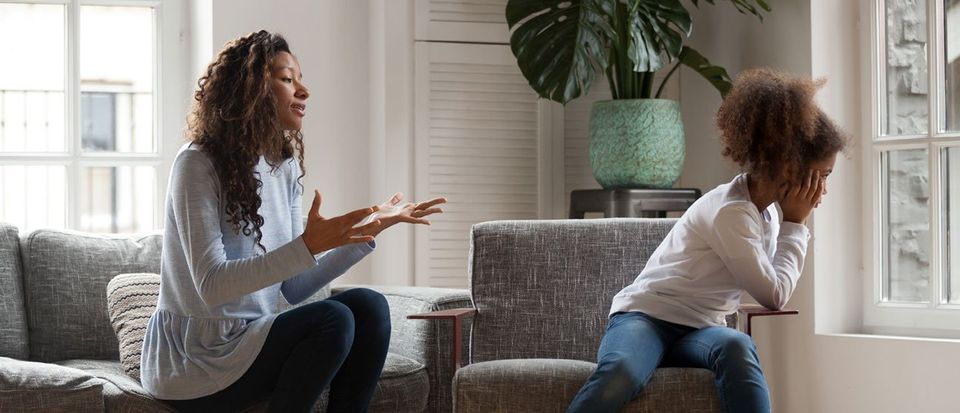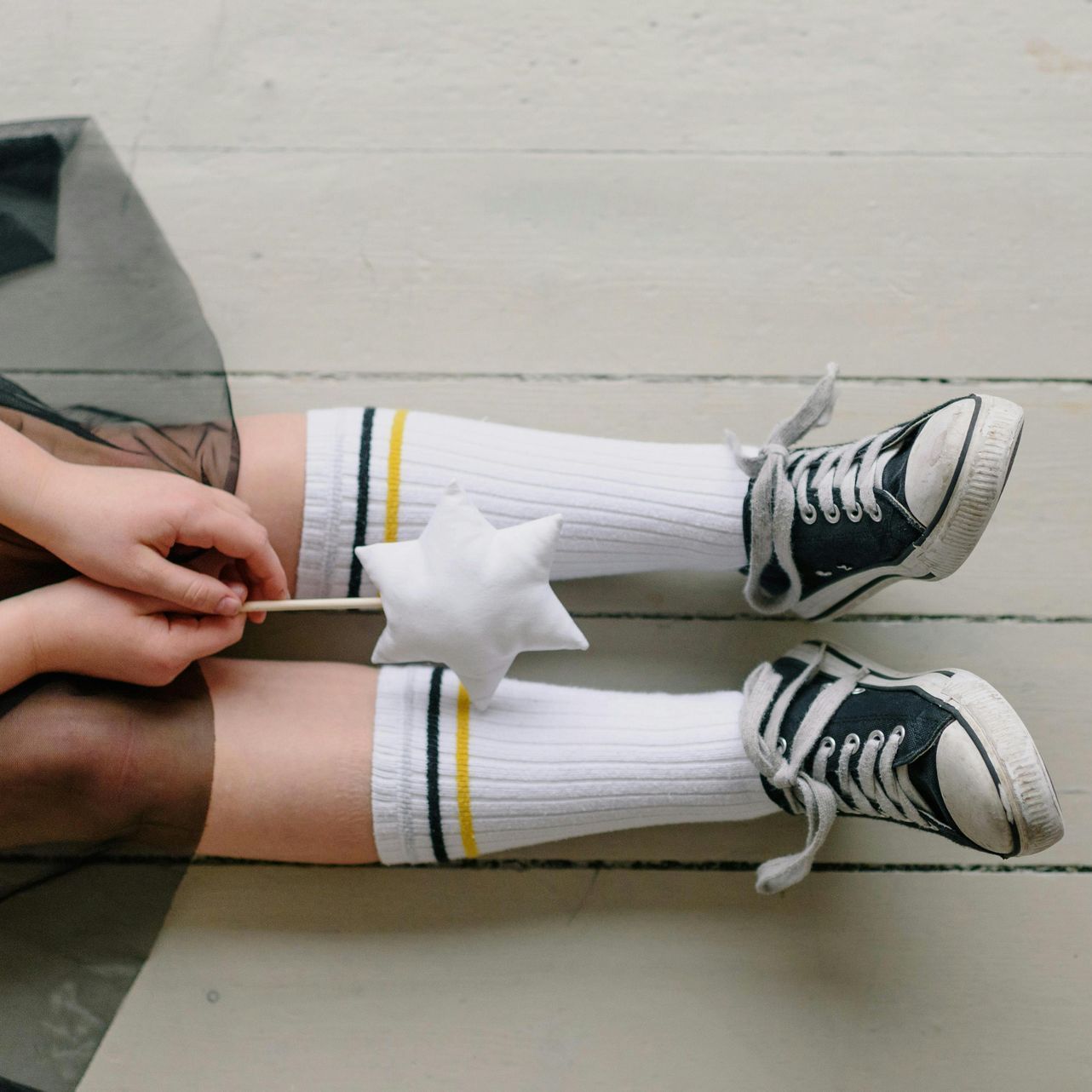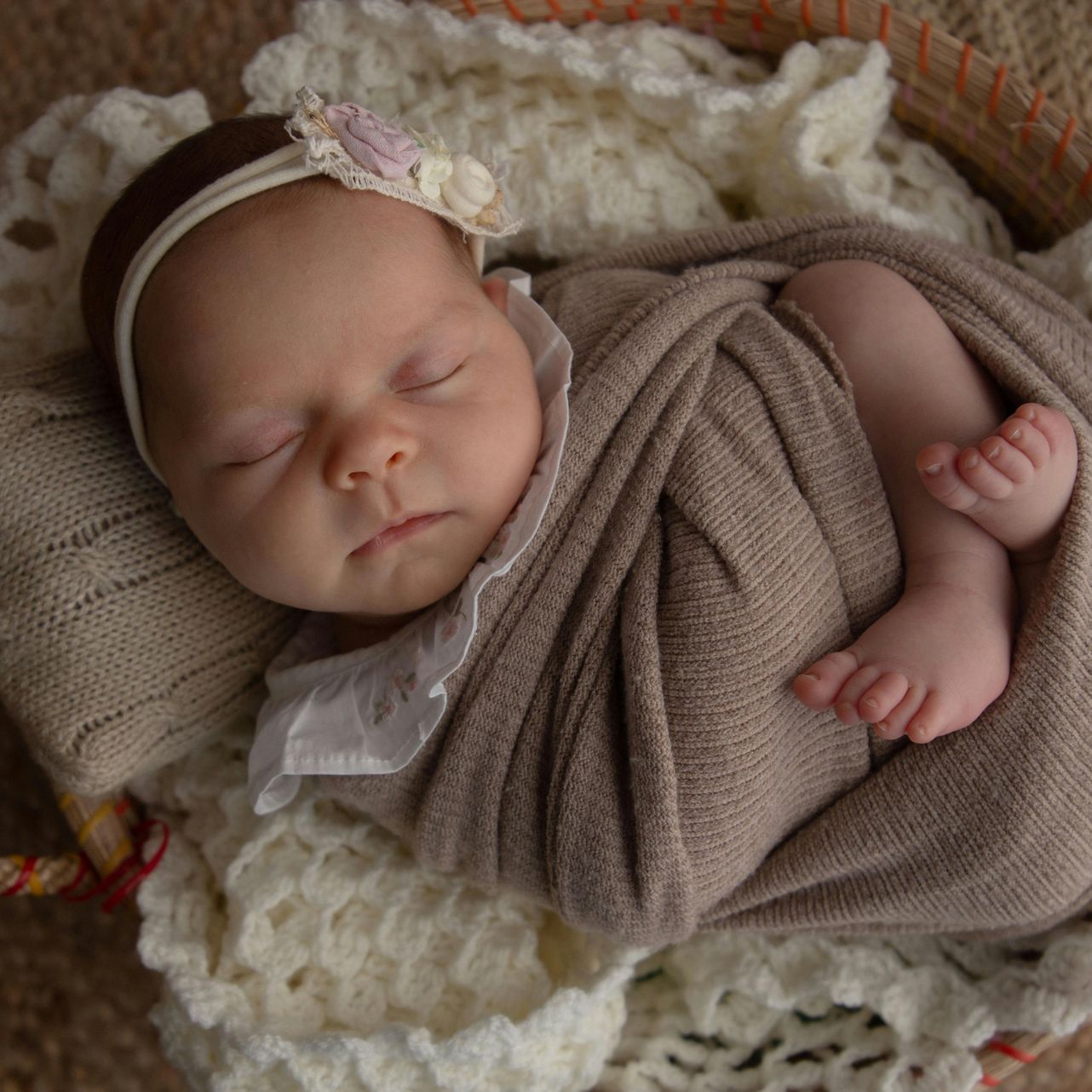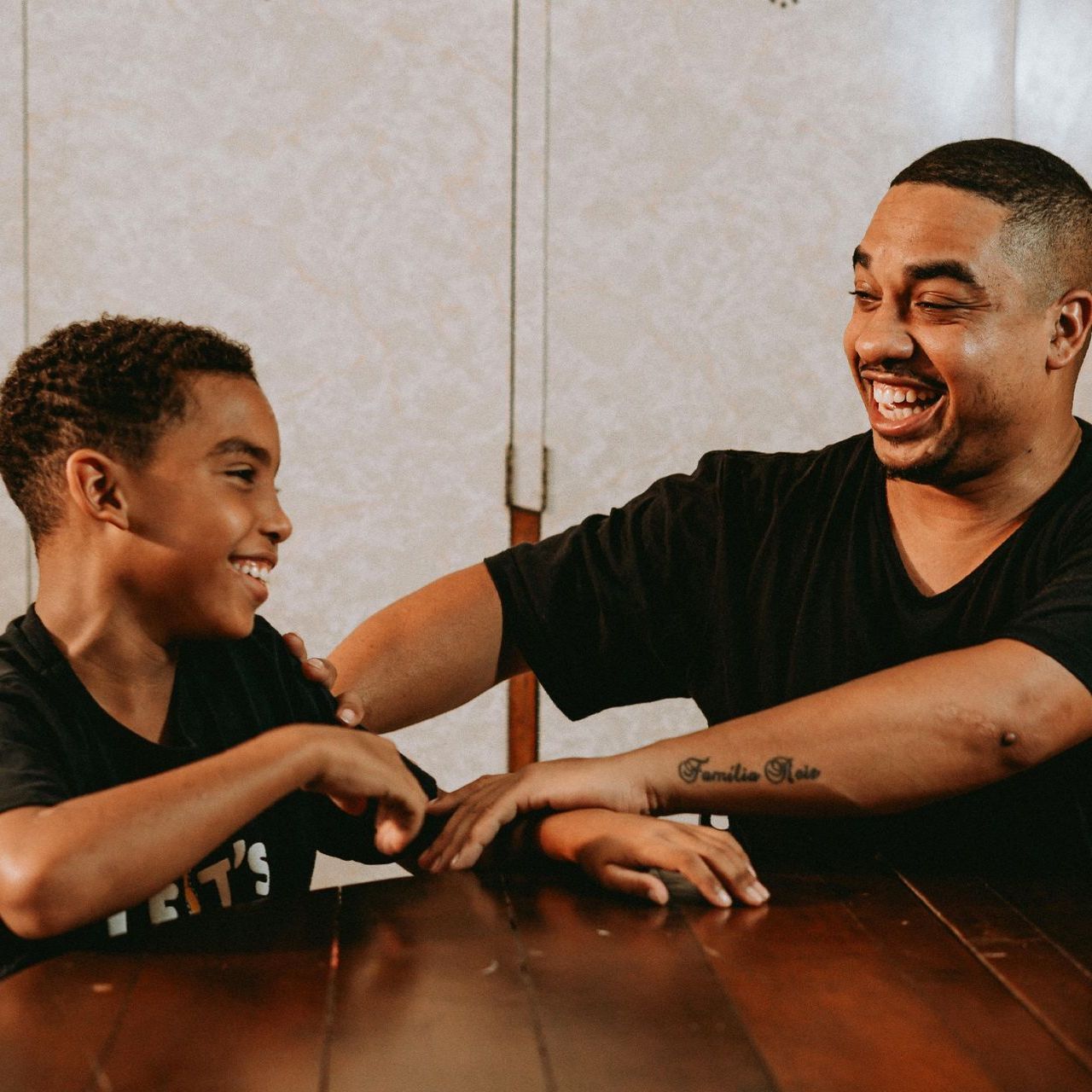Is My Child's Behavior Normal or Should I Be Worried?
September 3, 2020

Whether your child is anxious or disruptive, it is not hard to notice their awkward behavior. It is also not hard to worry about their behavior, especially if they are acting out of character in your eyes. When an unexpected change in their behavior occurs, you may be wondering if it is normal or if you should be worried.
The following guide features two scenarios in which your child may display awkward behavior, as well as suggestions for addressing their behavior.
Your Child Displays Anxious Behavior
It is not uncommon for a child to act shy in a social situation, and many children eventually warm up to their peers. However, you may notice your child's shyness is a constant thing, including with other children. If your child would rather play alone than communicate with other children, especially children they already know and get along with, this may be cause for concern.
There is a chance your child is dealing with social anxiety or separation anxiety. You can schedule an appointment with their pediatrician to discuss their anxious behavior and make an accurate diagnosis, even if it is not an anxiety disorder.
It is best to remain calm with your child's anxiety because it is more difficult for them than it is for you. Your pediatrician can provide suggestions on how to help your child cope with and/or overcome their anxiety.
Your Child Displays Disruptive Behavior
You may notice your child is being disruptive, such as talking back, not sharing, not taking turns or easily losing their temper. While it is not uncommon for children to act out from time to time, an unexpected change in their behavior is concerning, especially if your child does not usually display behavioral problems.
It is understandable to feel worried if your child's disruptive behavior is out of the blue, or seems out of the blue. However, their behavior may not be out of the blue after all. They may have a problem with a classmate or school subject, or maybe they are feeling frustrated with the changes that have come from current events. A change in their home environment can also cause them to feel disruptive. You should also keep in mind that anxiety and disruptive behavior can go hand in hand.
If you are having frequent discussions with your child, teacher and/or other parents, it may be time to schedule an appointment with their pediatrician. They can help you pinpoint the cause of your child's awkward behavior, or they can refer you to a specialist who can diagnose behavior problems or disorders in children. From there, you can address the underlying cause and figure out how to work with your child on their behavior.
While you do not need to panic over your child's awkward behavior, you cannot help but feel worried when your child is anxious or disruptive. Luckily, you can talk to their pediatrician and/or a counselor to determine the best way to help your child cope with the issue at hand.

Growing pains are most common in children ages 3–12, especially during periods of rapid growth. While the exact cause isn’t fully understood, many doctors believe they are related to increased physical activity and the stretching of muscles and tendons during growth spurts, not growth of bones themselves.

Thanksgiving is a cherished tradition, an opportunity to gather with family and friends to celebrate gratitude for the many blessings in our lives. Whether you're traveling to visit relatives or hosting a festive dinner at home, preparing for Thanksgiving can be a joyful yet daunting task, especially for parents.








